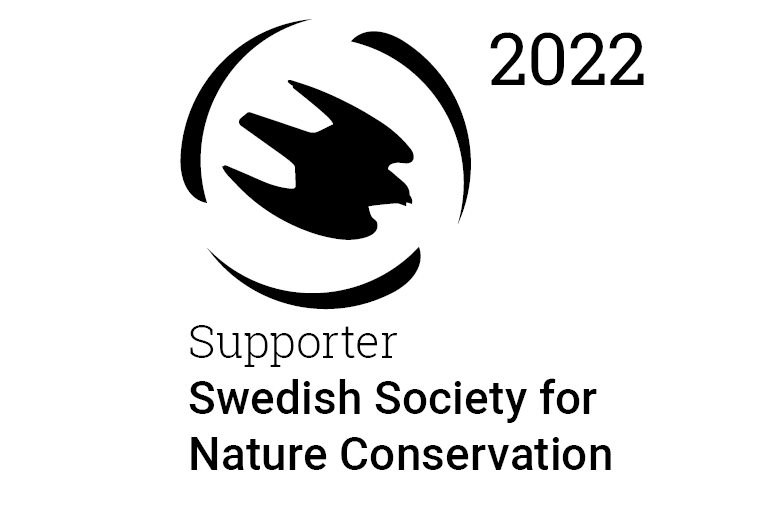Eike Peltzer
The European Commission has put forward a proposal to revise the CLP
regulation which introduces additional hazard classes for inter alia
endocrine disruptors and persistence and mobility, which it plans to
propose also to the UN GHS. You will hear from the moderator how the
new hazards classes are defined in the EU and when they could be
submitted and concluded by the UN committee. The four stakeholder
representatives will express their positions on whether these are
the right hazard classes to be added to GHS, whether the EU
definitions are the appropriate ones and give their perspective on
the upcoming discussions at the UN level on their inclusion in GHS.
Mr. Eike Peltze
Chairman, WFVD, German Industrial Fire Brigade Association

Eike Peltzer is the chairman of the working group on firefighting foam of the Werkfeuerwehrverband Deutschland (WFVD, German Industrial Fire Brigade Association), which deals with the performance of fluorine-free foam agents as an alternative to AFFF. He is a registered observer to the Stockholm Convention on Persistent Organic Pollutants and advises national and European authorities on the transition to fluorine-free foams. As part of this activity, he has participated in numerous test projects for testing fluorine-free foam concentrates. He is the founder and owner of E.P. FIRE, an independent consultancy that advises firefighters and end users on the transition to fluorine-free foam concentrates.
Eike Peltzer received a Bachelor of Engineering in Rescue Engineering from TH Köln in Germany and a Master of Science in Disaster Management from Coventry University (UK). He attended the German national training program for senior management fire officers. From 2011 to 2021 he was Manager Fire & Rescue Service of the LyondellBasell fire brigade in Germany.
Chairman, WFVD, German Industrial Fire Brigade Association

Eike Peltzer is the chairman of the working group on firefighting foam of the Werkfeuerwehrverband Deutschland (WFVD, German Industrial Fire Brigade Association), which deals with the performance of fluorine-free foam agents as an alternative to AFFF. He is a registered observer to the Stockholm Convention on Persistent Organic Pollutants and advises national and European authorities on the transition to fluorine-free foams. As part of this activity, he has participated in numerous test projects for testing fluorine-free foam concentrates. He is the founder and owner of E.P. FIRE, an independent consultancy that advises firefighters and end users on the transition to fluorine-free foam concentrates.
Eike Peltzer received a Bachelor of Engineering in Rescue Engineering from TH Köln in Germany and a Master of Science in Disaster Management from Coventry University (UK). He attended the German national training program for senior management fire officers. From 2011 to 2021 he was Manager Fire & Rescue Service of the LyondellBasell fire brigade in Germany.
At the recent Asian Chemicals Forum 2023, discussions on improved
classification, labelling of chemicals, and the management of
"forever chemicals" were at the forefront, as revealed in a detailed
interview with one of the key panellists Mr Eike Peltzer, who
expressed satisfaction with the diversity and engagement in these
critical deliberations.
Innovations in firefighting methods, like improved nozzles and sprinkler systems, are being explored as alternatives to PFAS-containing foams. However, these alternatives present challenges in terms of cost and stability, as biodegradable options may not offer the same longevity as their chemical predecessors.
As the forum concluded, Mr Peltzer underscored the importance of continued awareness, discussion, and proactive measures in managing chemical hazards, not just in Asia but globally.
EU's New Chemical Management Plans and Audience Engagement
Reflecting on the forum’s proceedings, Mr Peltzer praised the European Union’s new initiatives to classify and label various chemicals more effectively. These measures should raise awareness and inform end-users, thus contributing to better management of hazardous substances. The lively discussions in the audience underlined the widespread interest and concern regarding chemical safety.Personal Insights and the Impact of Forever Chemicals
Drawing on his personal experience as a firefighter, Mr Peltzer highlighted the dire effects of exposure to persistent chemicals such as PFOS (perfluorooctanesulfonic acid), citing cases of cancer among firefighters in Australia linked to such substances. The focus, he said, should not only be on restricting these chemicals but also on how to achieve sustainable and effective implementation globally.Exemptions and the Phase-Out Process
Mr Peltzer noted that certain exemptions, such as those for firefighting foam under the EU's REACH process and the Stockholm Convention, are critical to what is considered an essential use. However, the emphasis was on the need for time-limited exemptions, to allow for a transition period while safer alternatives are developed and adopted. This phase-out strategy is already in place for some compounds such as PFOA.Firefighting Challenges and Alternatives
In discussing the implications for the firefighting sector, Mr Peltzer mentioned the significant change required in transitioning from traditional foams to safer alternatives. This change involves not only the adoption of new types of foam but also the redesign of firefighting systems, which requires significant financial and knowledge resources.Innovations in firefighting methods, like improved nozzles and sprinkler systems, are being explored as alternatives to PFAS-containing foams. However, these alternatives present challenges in terms of cost and stability, as biodegradable options may not offer the same longevity as their chemical predecessors.
Future of the Asian Chemicals Forum
Mr Peltzer praised the Asian Chemicals Forum for its role in facilitating discussion and knowledge exchange and expressed optimism for its growth and impact. Suggestions for future improvements, included the inclusion of focused subgroups or sessions dedicated to specific topics, such as implementing industry changes and developing of alternatives to PFAS (per- and polyfluoroalkyl substances). Such in-depth discussions, sharing real-world solutions and experiences, could greatly benefit participants.As the forum concluded, Mr Peltzer underscored the importance of continued awareness, discussion, and proactive measures in managing chemical hazards, not just in Asia but globally.


